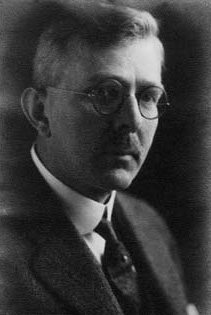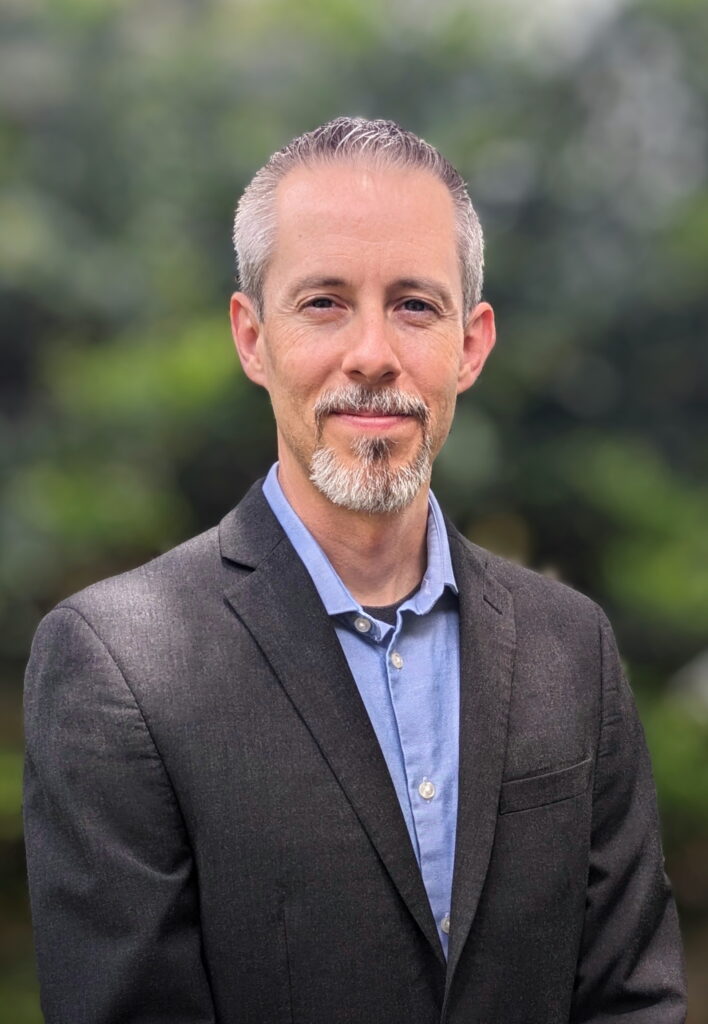 THE HODSON TRUST was established by THOMAS S. HODSON, a Maryland lawyer and state senator. His son, CLARENCE HODSON (pictured), a lawyer and banker who was commissioned a colonel by the governor of Maryland, provided the trust’s assets. Colonel Hodson founded the Beneficial Loan Society in 1914 to make small loans available to working-class Americans. The company became Beneficial Corporation and in 1998, before it merged into Household International, Beneficial was the largest consumer credit company in the U.S. Since 1920, The Hodson Trust has donated millions of dollars to four Maryland colleges, including Johns Hopkins. In addition to its support for this directorship, the trust made a commitment in 1999 to Hopkins for a multi-use building on the Homewood campus, named Hodson Hall, and makes substantial annual gifts, in recent years supporting the Hodson Scholars program, the Hodson Success Awards, the Provost’s Undergraduate Research Awards, research in oncology, and the cancer buildings initiative.
THE HODSON TRUST was established by THOMAS S. HODSON, a Maryland lawyer and state senator. His son, CLARENCE HODSON (pictured), a lawyer and banker who was commissioned a colonel by the governor of Maryland, provided the trust’s assets. Colonel Hodson founded the Beneficial Loan Society in 1914 to make small loans available to working-class Americans. The company became Beneficial Corporation and in 1998, before it merged into Household International, Beneficial was the largest consumer credit company in the U.S. Since 1920, The Hodson Trust has donated millions of dollars to four Maryland colleges, including Johns Hopkins. In addition to its support for this directorship, the trust made a commitment in 1999 to Hopkins for a multi-use building on the Homewood campus, named Hodson Hall, and makes substantial annual gifts, in recent years supporting the Hodson Scholars program, the Hodson Success Awards, the Provost’s Undergraduate Research Awards, research in oncology, and the cancer buildings initiative.
Hodson Directorship of the Digital Research and Curation Center
Sheridan Libraries & University Museums
Digital Research and Curation
Established in 1999 by The Hodson Trust
Held by Bill Branan
 BILL BRANAN, the Hodson Director of the Digital Research & Curation Center at the Sheridan Libraries, oversees the software and systems engineering teams in the Digital Research & Curation Center and the operations of the Johns Hopkins University Open Source Programs Office. Following a degree in Computer Science from Georgia Institute of Technology (2002), he created software systems at Harris Corporation for the Federal Aviation Administration, National Archives and Records Administration, and Government Printing Office. He then stepped deeply into open source work at Cornell University, engaging in the development of the Flexible and Extensible Digital Object and Repository Architecture. At DuraSpace and later Lyrasis, he created the software, cloud-based systems, and supporting architecture to operate the DuraCloud preservation service, which continues to host materials for universities, archives, and museums globally. While at Lyrasis, he directed the technical operations of a range of hosted open source services. Since arriving at Johns Hopkins University in 2022 he has rebuilt engineering resources, overseen the software development, systems modernization, and open source community launch of the Public Access Submission System, and recreated the Open Source Programs Office into a university-wide resource.
BILL BRANAN, the Hodson Director of the Digital Research & Curation Center at the Sheridan Libraries, oversees the software and systems engineering teams in the Digital Research & Curation Center and the operations of the Johns Hopkins University Open Source Programs Office. Following a degree in Computer Science from Georgia Institute of Technology (2002), he created software systems at Harris Corporation for the Federal Aviation Administration, National Archives and Records Administration, and Government Printing Office. He then stepped deeply into open source work at Cornell University, engaging in the development of the Flexible and Extensible Digital Object and Repository Architecture. At DuraSpace and later Lyrasis, he created the software, cloud-based systems, and supporting architecture to operate the DuraCloud preservation service, which continues to host materials for universities, archives, and museums globally. While at Lyrasis, he directed the technical operations of a range of hosted open source services. Since arriving at Johns Hopkins University in 2022 he has rebuilt engineering resources, overseen the software development, systems modernization, and open source community launch of the Public Access Submission System, and recreated the Open Source Programs Office into a university-wide resource.